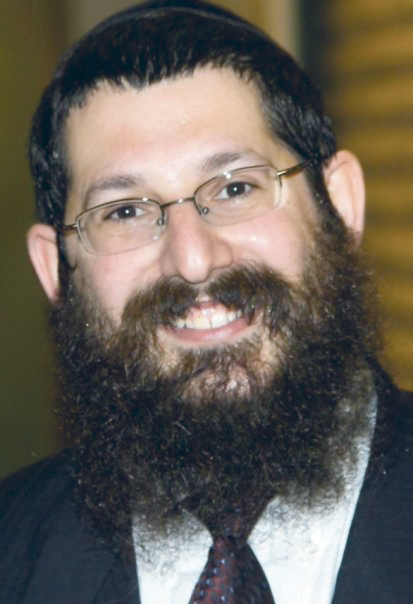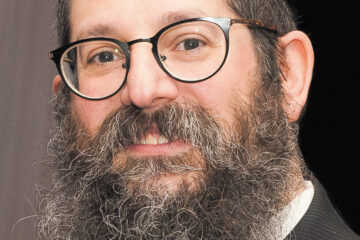The soul whisperer

By Rabbi Nochum Mangel, Chabad of Greater Dayton
When the young Rabbi Moshe Feller first arrived in St. Paul, Minn. as shliach (representative) of the Chabad movement, he was invited to write an article in the local Jewish newspaper.
He felt honored by the opportunity, and wrote an article about the powerful effect Torah has on the Jewish soul.
Rabbi Feller used an analogy of an individual who lost consciousness. Experience has shown, he wrote, that by shouting the person’s name in his ear, he can be awakened and revived.
So, too, he explained, a fellow Jew may lose his or her Jewish consciousness and feel only faintly connected to his or her Divine root.
The profundity and beauty of Jewish wisdom must then be shouted in this person’s ear and can awaken the person and revive his or her spirituality.
However, before Rabbi Feller sent his article to the newspaper, he decided to send it first to the Rebbe, the leader of the Chabad movement, for review.
He wanted to be sure that he was representing and articulating Chasidic teaching properly and correctly. He knew how important it was to make a positive first impression on his new community.
The Rebbe appreciated the article and made only one correction: he crossed out the word “shout” and in its place wrote “whisper.”
What a difference one word makes. The Rebbe was saying that you cannot inspire others by shouting. The volume of your words is not what revives others and inspires positive change or growth.
Yelling will not wake up others from their apathy and indifference.
On the contrary, “Divrei chachomim benachas nishmoyim — Words spoken softly by the wise are better heard than the foolish shout of a ruler (Ecclesiastes, 9:17).”
To be truly effective, a wise person will whisper — speak with gentleness and delicacy.
Derocheha darchei noam vechol nesivoseha sholom — Torah’s ways are pleasant, and all of its paths are peaceful (Proverbs, 3:17).”
Words of Torah must always be pleasing and peaceable. To be an effective teacher of Torah, one must curb the urge to shout.
The Baal Shem Tov, the founder of the Chasidic movement, taught that before you can hope to improve somebody spiritually, you must first improve his material and physical condition.
As Theodore Roosevelt once said, “Nobody cares how much you know, until they know how much you care.”
First, you must express your kindness and concern for the individual as a human being in a concrete way.
Only then can you expect your words of spiritual guidance and advice to penetrate his heart and soul.
The Rebbe’s message applies today more than ever. How are we going to mend a divided and polarized nation? How can we restore our trust and faith in each other’s humanity?
It is definitely not by dismissing those with whom we disagree. It is not by condemning those whose views differ from ours. It is not by holding in contempt those who have opinions opposing our own.
It is certainly not by shouting at them or worse, shouting them down.
It is rather through committing to soft, gentle, and peaceful discourse. It is by learning to communicate with respect and love, especially with those whom we disagree.
As we attempt to influence others, we must be open to listen and to understand their views and ideas as well.
We must show true interest to learn from each other and about each other.
As our sages teach in the Ethics of Our Fathers, 4:1, “Who is truly wise? One who learns from every person.”
When we speak softly and with love, we create the space and atmosphere necessary for an exchange of true and meaningful thoughts and ideas to take place.
As that great genius Leonardo daVinci said, “Where there is shouting, there is no true knowledge.”
The Rebbe’s one-word change became the catalyst for change in Rabbi Feller’s understanding, and through him, so much positive and loving change in the Jewish world and beyond.
May we all learn from this example to change the world with acts of love and kindness, whispering the reviving message of respect and love the Torah represents, until our efforts are crowned with the coming of Moshiach (Messiah), speedily in our days.
To read the complete November 2017 Dayton Jewish Observer, click here.





